Buying an Older House in New Castle County DE

Many people dream of living in an older home, whether it be a 100-year old farmhouse, or a vintage ranch from the 50’s. There are certain things that should be taken into consideration, good and bad, when that dream starts to become a reality, and you’re on the hunt for an old new home.
-
- If the house was built before 1978, make sure the home inspector looks for lead paint and asbestos, as both can be health hazards.
-
- Have the foundation thoroughly checked if it is original to the house. Even the most solidly-built houses can have settling, water damage or corrosion.
-
- Not only are older mechanical systems likely to fail since they’re at the end of their lifespan, they are less energy-efficient.
-
- Plumbing and electrical systems can be old enough that they need to be replaced; old pipes can affect water quality and worn out wiring can be a fire hazard.
-
- Unsafe features that may be charming may not be up to current code. Check for steep stairs, non-working fireplaces, and laundry chutes, especially if you have younger children.
While all those things are expensive solutions, there are some things that you can’t get with a newer home:
-
- Older homes are usually in established locations, and are in good school districts, as well as being close to shopping and restaurants.
-
- Houses built before the 1970’s are generally sturdier, simply because the lumber used to build them was made from old growth hardwoods, something that isn’t available today.
-
- The lots in areas where you find older homes are usually larger, and that may mean more maintenance, but it also means more room for playing, pet exercise, and outdoor entertaining.
-
- You just don’t get the charm and character in new construction like you do in an older home, even if the styles are similar.
-
- Prices of older homes are usually lower, unless there is historical significance to the house itself or to the area.
Do your research, list the pros and cons as they pertain to your life. No matter what age house you finally decide to buy, the choice should be made because it’s what is best for you and your family.
Courtesy of New Castle County DE Realtors Tucker Robbins and Carol Arnott Robbins.
Photo credit: myoldhouseonline.com


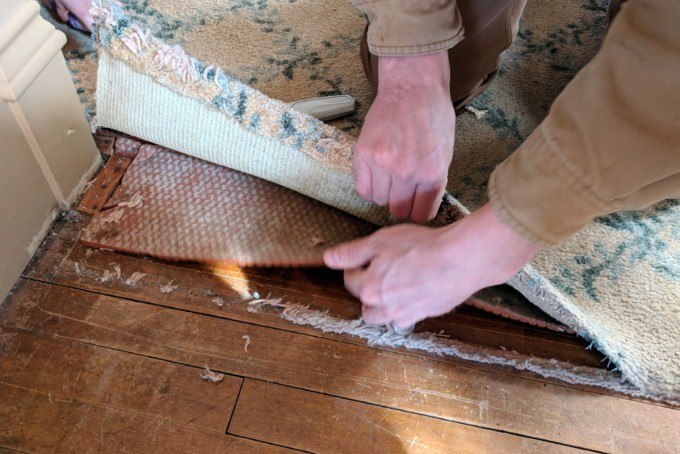
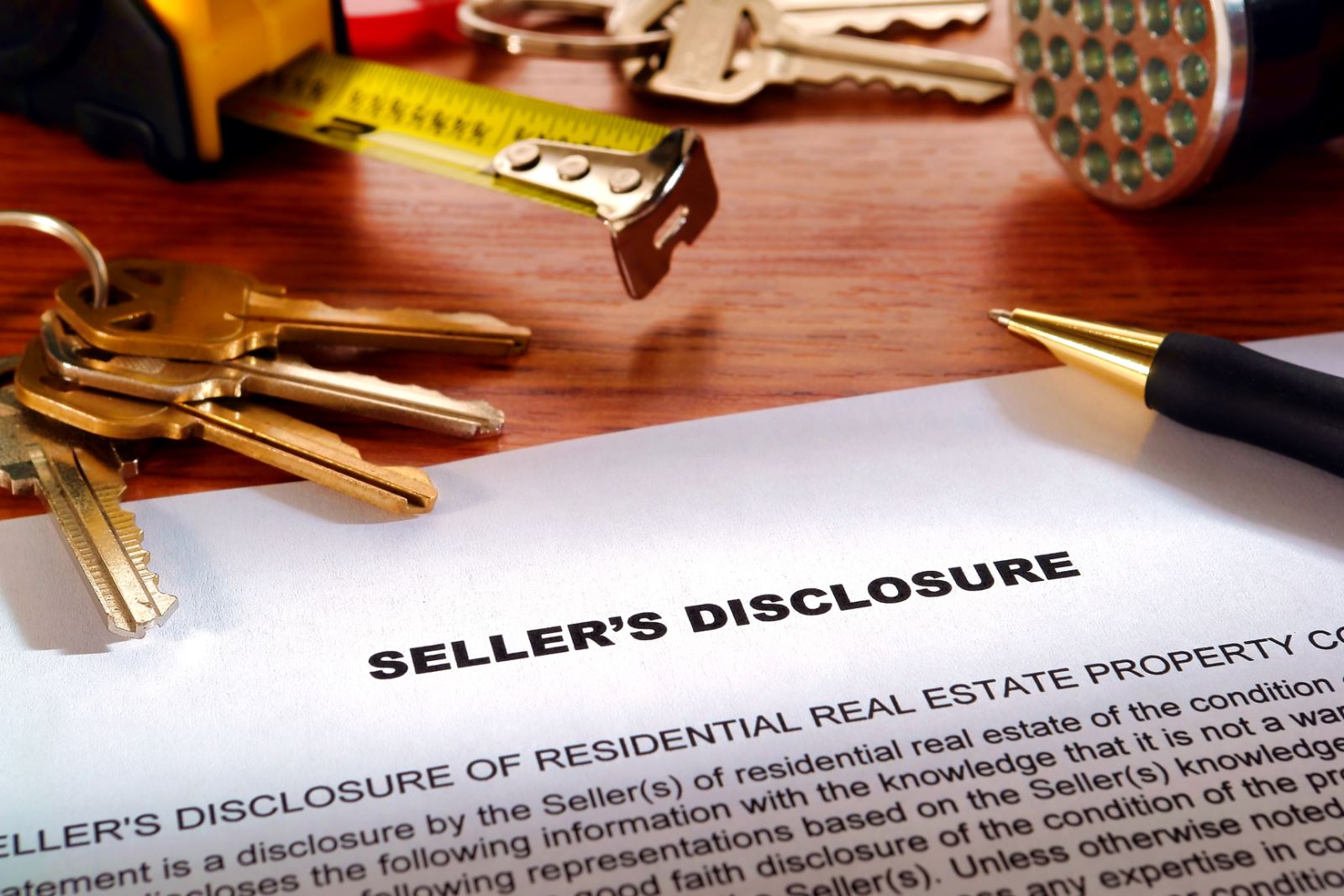
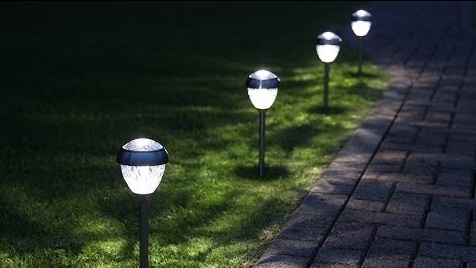
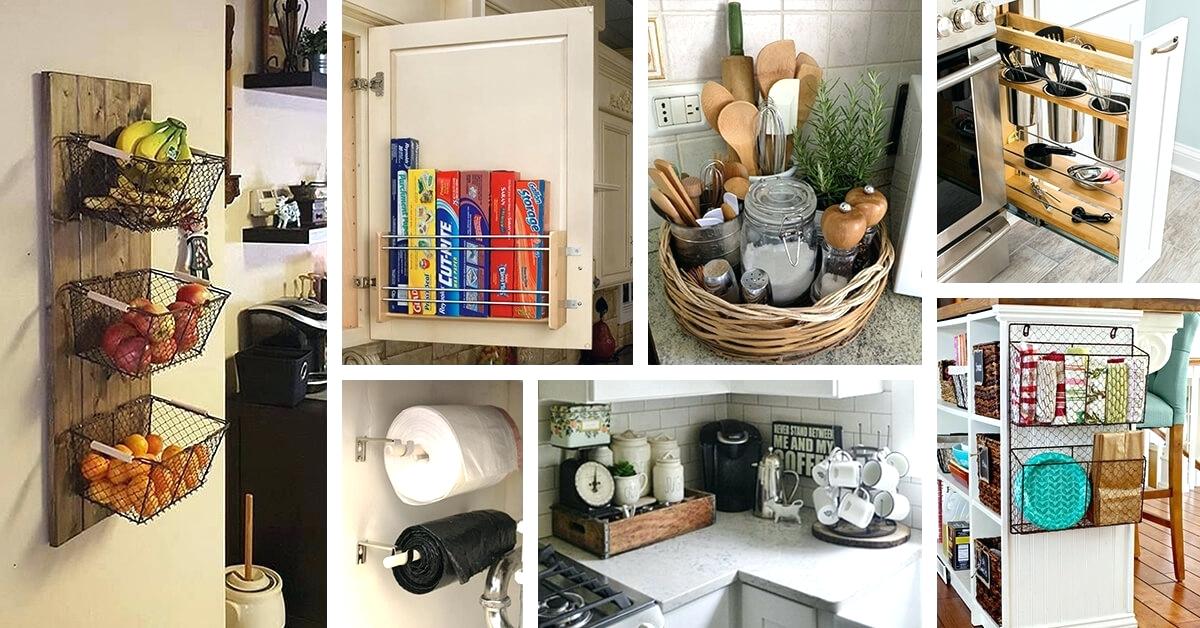
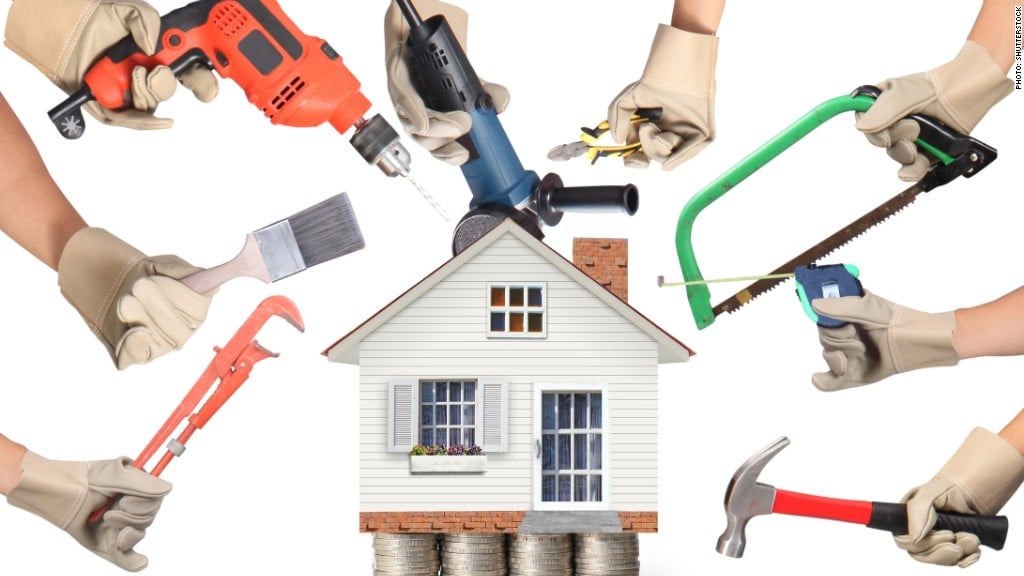
.png)





